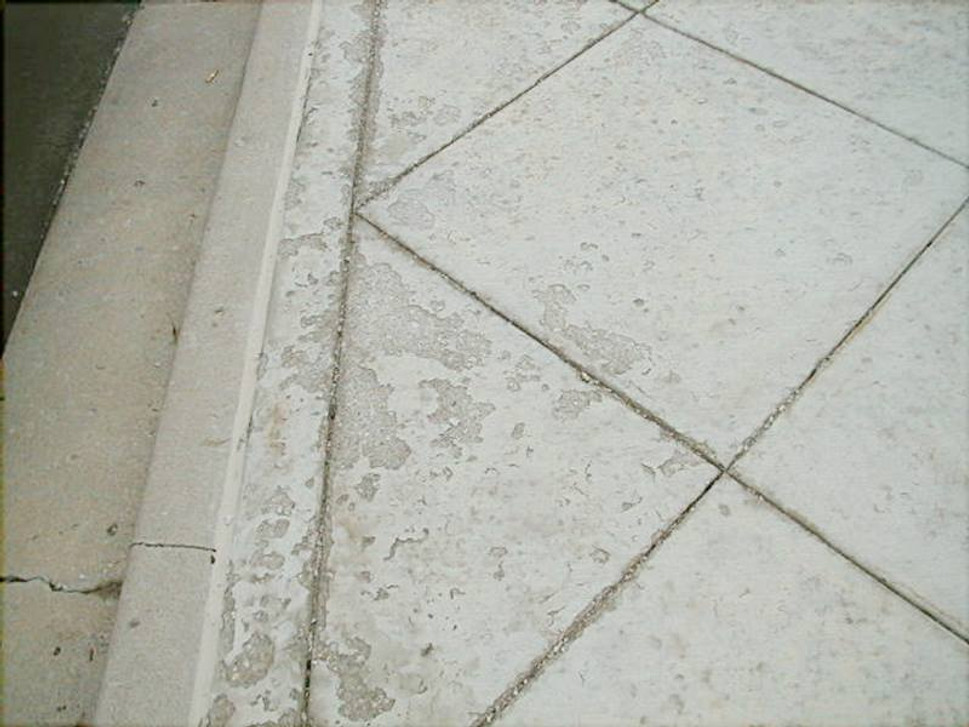Most ice melt products I have reviewed have a disclaimer to not use on concrete less than a year old. How well does your product work on new concrete without causing any damage?
Thank You – Dave
ANSWER:
The main reason for the disclaimer is because when concrete fails in the first year concrete installers will point to the deicers used over the new concrete as the creator of the problem.This has been a point of disagreement between deicer manufacturers and concrete installers.To avoid problems almost all deicer manufacturers use this disclaimer. Poorly installed concrete will fail under winter conditions regardless if you use a snowmelt/deicer or not.Poorly installed concrete that has been exposed to the freeze/thaw in the winter has a much greater chance of failure.Freeze/thaw is when water penetrates into the concrete, freezes inside, thaws, refreezes, etc.Every time the water freezes inside the concrete it breaks cell walls inside the concrete.The more freeze/thaw events per winter, the greater the likelihood of concrete failure.Concrete failure can be evidenced by pitting (small holes in the concrete), cracking or spalling (large areas of the surface concrete peeling off). Poor installation of concrete usually involves adding too much water to the concrete mixture or overworking the surface of the concrete by allowing the surface to get too dry and then adding water so the concrete can be leveled.Other things can happen but these are the most common.
Correctly installed concrete will not be harmed by snow/ice melters if the melted water created from the deicer does not re-freeze inside the new concrete.This why it is important to select a snow/ice melt that has the lowest refreezing temperature.SealGreen Snow and Ice Melt – Product Information does not refreeze until the temperature reaches minus 20 degrees. Another important way to protect your concrete from the freeze/thaw effect is to seal the concrete so that water cannot penetrate and freeze inside the concrete.If you chose to seal exterior concrete, we recommend SealGreen Concrete Sealer with Salt Defense Technology. – Sealer Information
You should select a snow/ice melt for your new concrete that has a refreezing temperature of at least -20 Degrees F. Usually these are man-made and use chemicals that do not harm concrete.For more tips on selecting the best snow/ice melter visit our blog “How to Choose the Best Snow Melt”
https://youtu.be/gr114W1HBOk

